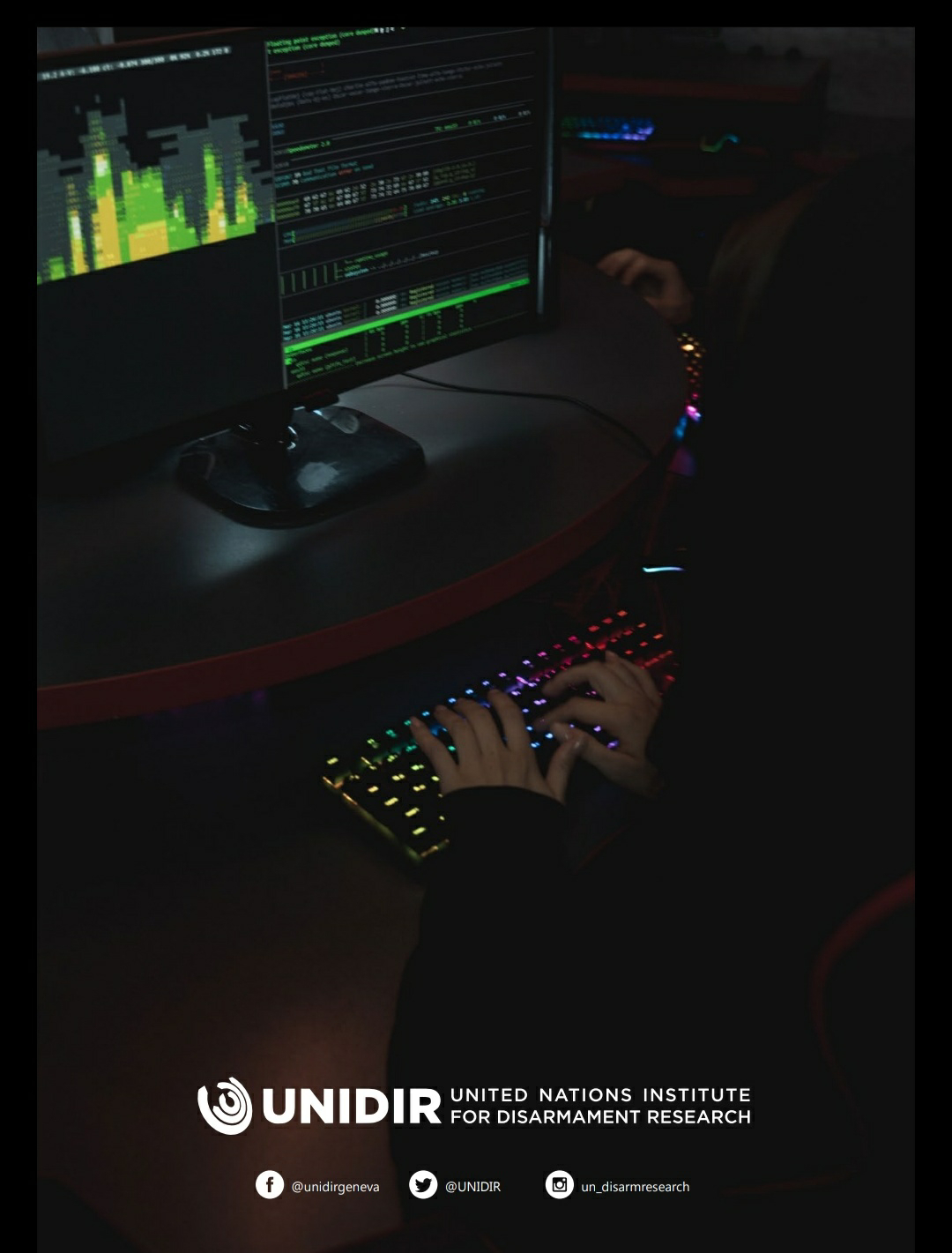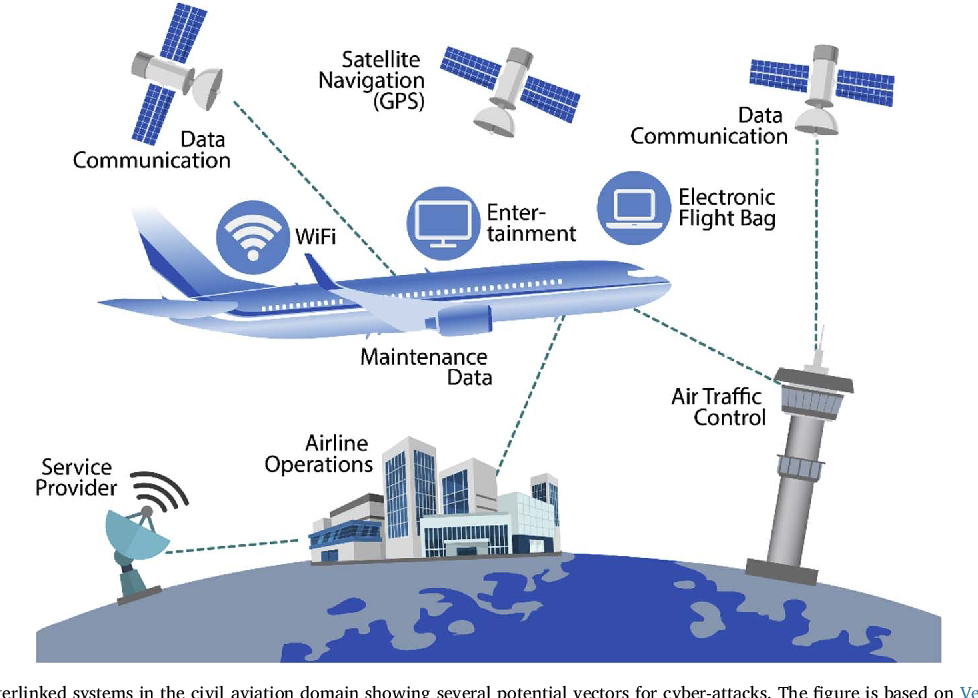UNIDIR - ICT
(ICTs) are increasingly used for malicious ends,
including criminal and terrorist purposes, which
also entail recruitment, financing and propa-
ganda. Because of the growing digitization of
our societies and rapid technological develop-
ment, the magnitude and nature of criminal and
terrorist use of ICTs could be seen as a threat
to international security. Because of the trans-
national dimension of these threats, effective
cooperation among members states is vital. In
2015 the United Nations General Assembly
approved without a vote resolution 70/237,
which welcomed the 2015 report of the United
Nations Group of Governmental Experts (GGE)
on Developments in the Field of Information
and Telecommunications in the Context of
International Security. The report includes a
specific norm — known as norm D – on inter-
national cooperation to address criminal and
terrorist use of ICTs. Based on norm D and the
further details outlined in the 2021 GGE report,
this report explores current problems for effec-
tive cooperation, in particular with respect to
information exchange and the handling of
electronic evidence.
The report identifies challenges at three
distinct levels of international cooperation:
legal, operational and human.
At the legal level, there are three main clusters
of problems, which are detrimental for effec-
tive cooperation:
• Lack of domestic legislative maturity neces-
sary to tackle malicious use of ICTs or to
engage in international assistance requests
in a timely manner.
• Lack of similar conceptualization or harmo-
nization on what concerns offences, which
can hinder the exchange of information or
electronic evidence. Disagreement on
technical terms or definitions can hamper
cooperation. Moreover, the conceptualiza-
tion of what the terrorist use of ICTs entails
is particularly contested.
• The speed of technological developments
outpacing (domestic) legislative processes.
The delay between identifying new mali-
cious uses of ICTs and the time to update
the legislation can be critical to effective
international cooperation.
At the operational level, there are three other
main clusters of challenge for effective inter-
national cooperation:
• Problems related to the mechanisms of
cooperation, which include lack of clarity
around the responsible points of contact
(24/7 networks), and the bureaucratic
process of mutual legal assistance (MLA)
requests.
Challenges relating to the handling of elec-
tronic evidence, which include ensuring
electronic authenticity when transferring
the evidence
• Lack of resources to engage in international
requests on investigations concerning
criminal and terrorist use of ICTS, which
may lead States to, for example, prioritize
requests connected to domestic investi-
gations
Finally, at the human level, there are two main
types of challenge:
• Lack of knowledge regarding tools and
processes of cooperation, including which
protocols are in place for transferring digi-
tal evidence abroad
• Lack of experience and skills, in particular in
writing mutual legal assistance requests
Considering these challenges, this report
identifies actionable options that States can
adopt to enhance their capacity to address and
engage in international cooperation on investi-
gations regarding criminal and terrorist use
of ICTs.
https://easytech4all.net/2022/02/02/unidir-norms-of-responsible-state-behaviour-in-cyberspace/
https://easytech4all.net/2022/02/02/united-nations-institute-for-disarmament-research/



Comments
Post a Comment